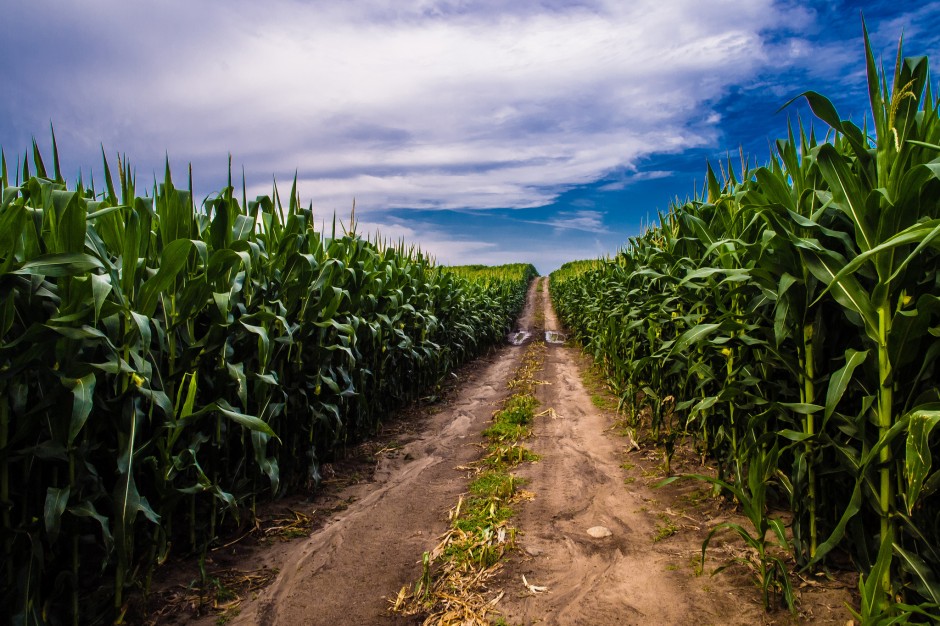There are two types of futures traders, Hedgers and Speculators. They differ in one primary aspect, the hedger trades in both the cash andPaper or contract markets, where the speculator only trades in the contract market.
What do I mean by cash and contracts?
Cash is the physical market. For example, in agriculture there are farmers that grow corn, harvest it, and then sell the corn to mills using a cash transaction. This is the cash market.
The paper market is the futures contract used as a proxy to control the physical asset or commodity, like corn. The paper market is highly standardized across several asset types, which are organized in the following categories:
- Agriculture
- Currencies
- Energy
- Equities
- Interest Rates
- Metals
So, what’s with hedgers, why are they different from speculators?
Futures contracts were originally designed to help farmers remove uncertainty of future prices of their crops. This helped them manage their business better, and by proxy, the prices at the consumer shelves were stable.
When a farmer start growing a crop, he/she doesn’t know what the future price of that crop is going to be. It could vary wildly, based on all sorts of factors, or which growing season conditions play a major factor, and that’s based largely on the weather, which we all know is unpredictable. But there are many other factors and market dynamics that could also influence price.
So the farmer anticipates that he is going to have lets say 1,000 bushels of corn when harvest time comes to sell to the mill. And at the time he starts to grow, the price might be $5/bushel, so he buys a futures contract that is set to expire sometime after the harvest is ready for approximately $5/contract, as one corn futures contract is a proxy for 1,000 bushels of corn.
If corn prices drop to $3/bushel when harvest time comes, the farmer’s futures contract will increase in value and make up the $2 difference in the corn he is going to sell to the mill. This protects the farmer from what could have been a 40 percent loss if he didn’t have the insurance of the futures contract.
On the flip side is the mill operator. He or she also needs to protect herself from fluctuations in price, so because she buys corn, she will buy a futures contract to protect against rising prices.
This same concept works for all buyers and sellers of commodities.
Ok, so what about the speculator?
The speculator doesn’t work in the cash market, they are only concerned about buying and selling futures contracts with the hope of profiting from price movements in the contract. Speculators provide an important function in that they create liquidity in the futures market. Without this liquidity, there would be no market, or the market would be too volatile for it to work as an effective hedge for the people like the farmer or mill operator.
The speculator takes on a lot of risk, because there’s tremendous leverage built into the futures contract. This isn’t so much a problem for the farmer or mill operator because they have the physical product as collateral. So the speculator generally uses trading strategies to reduce that risk, like arbitrage and spreads, which will cover in other posts.



